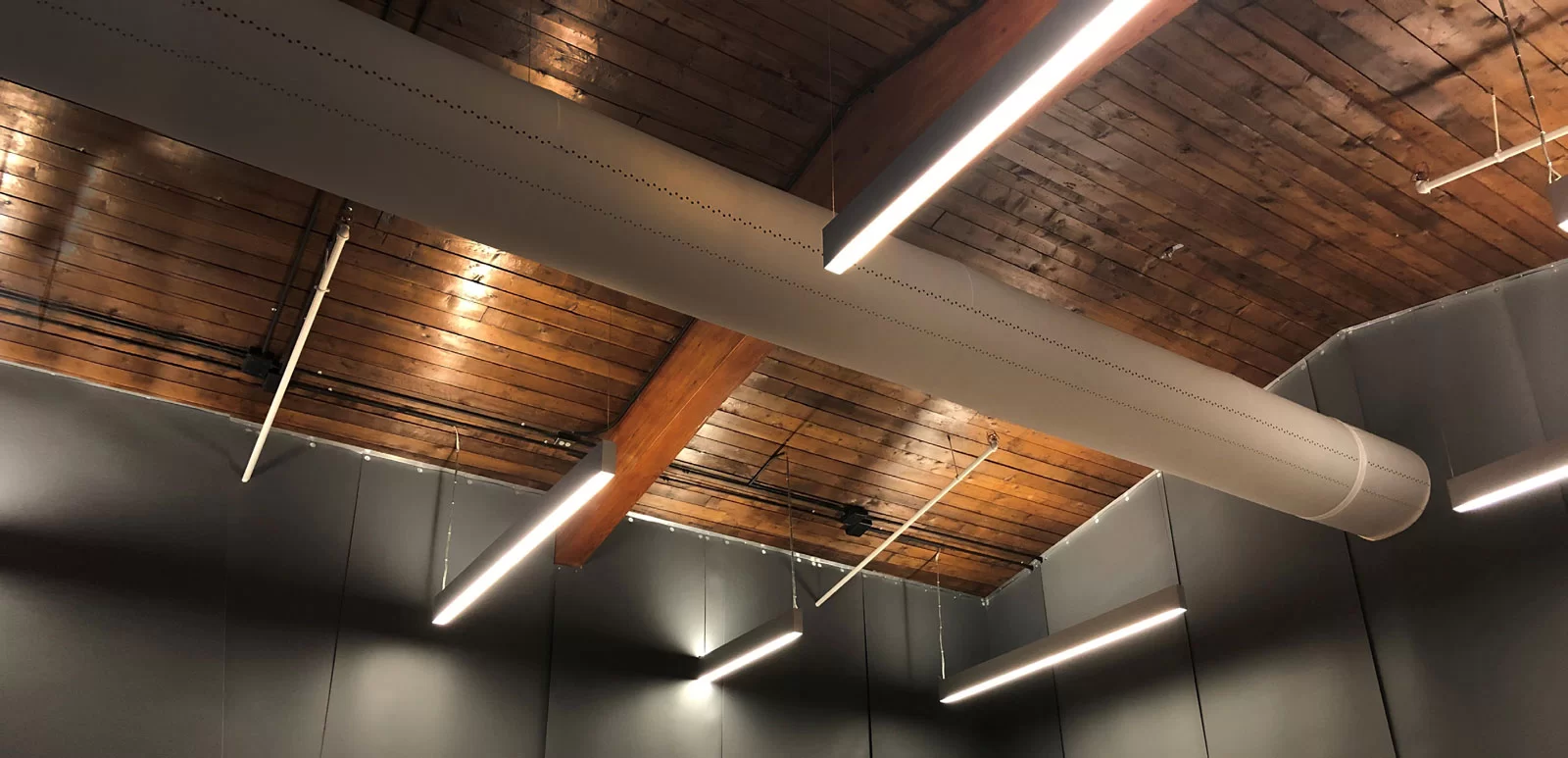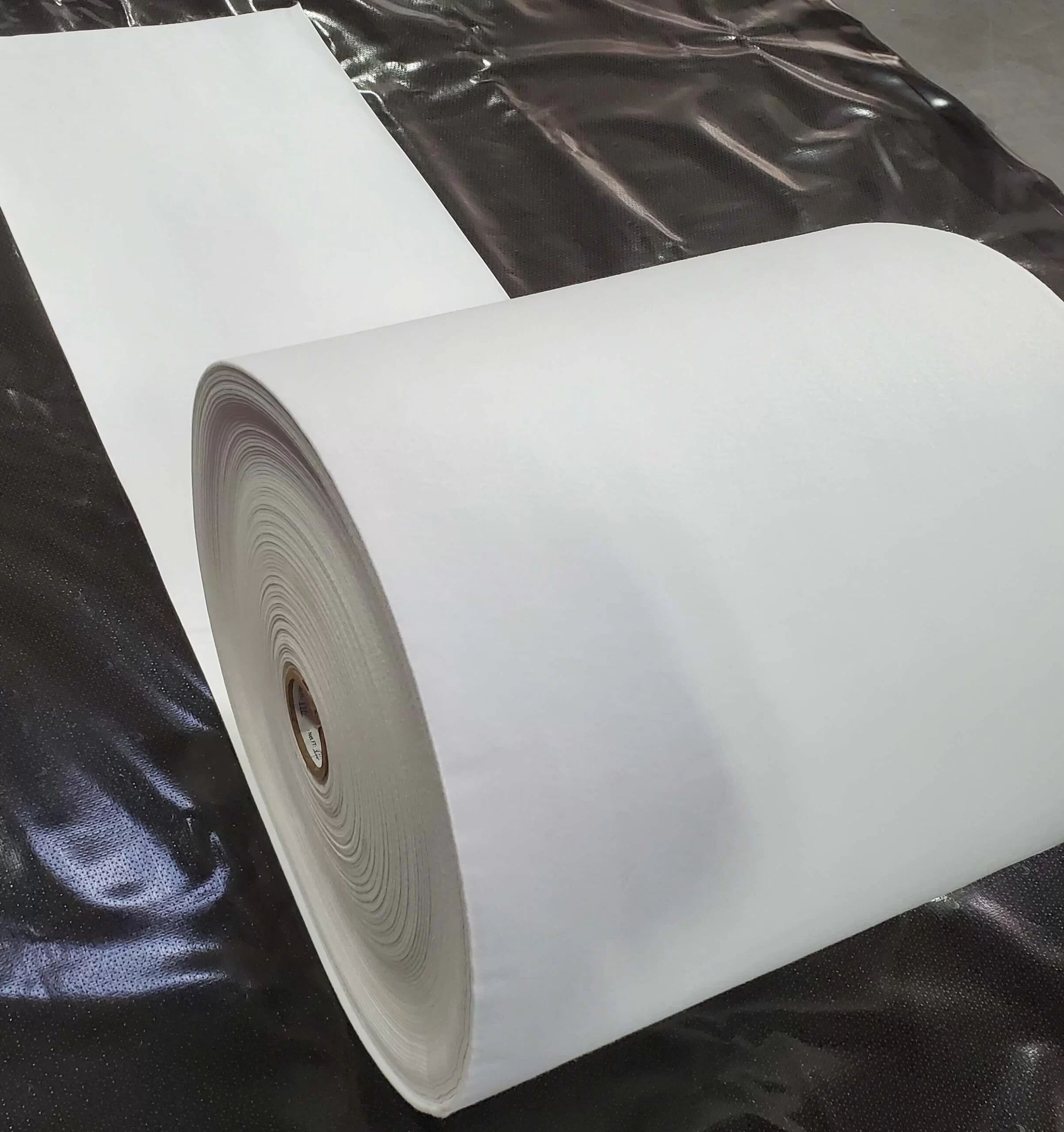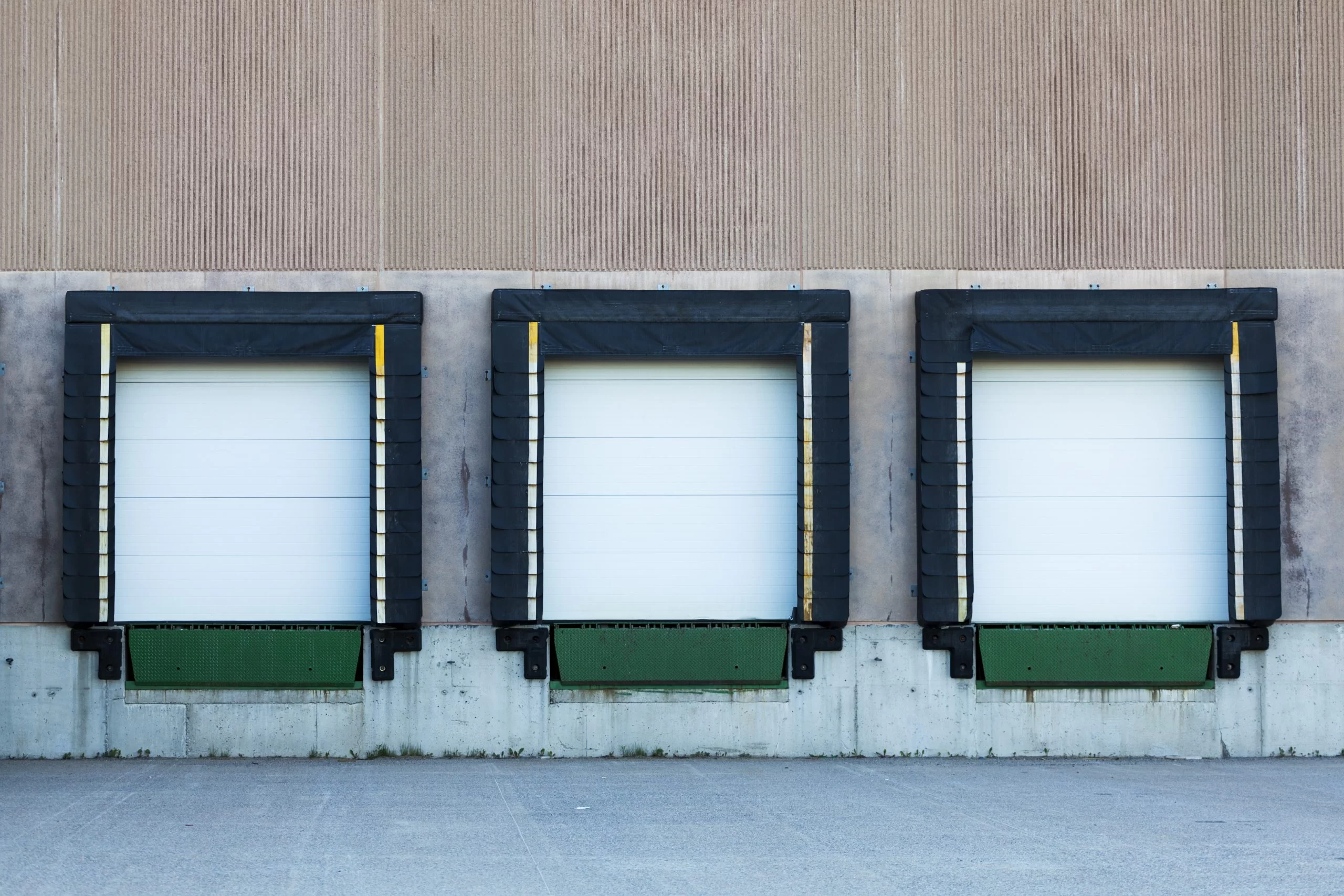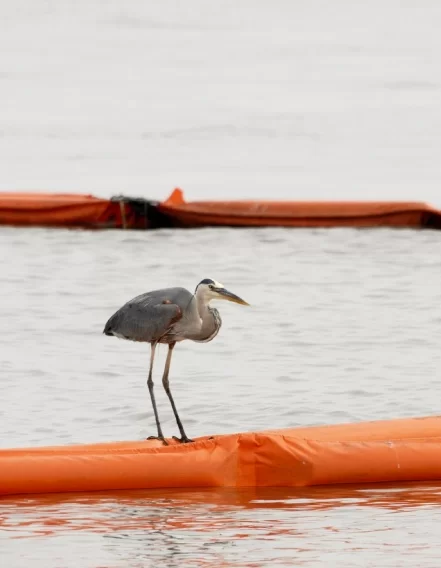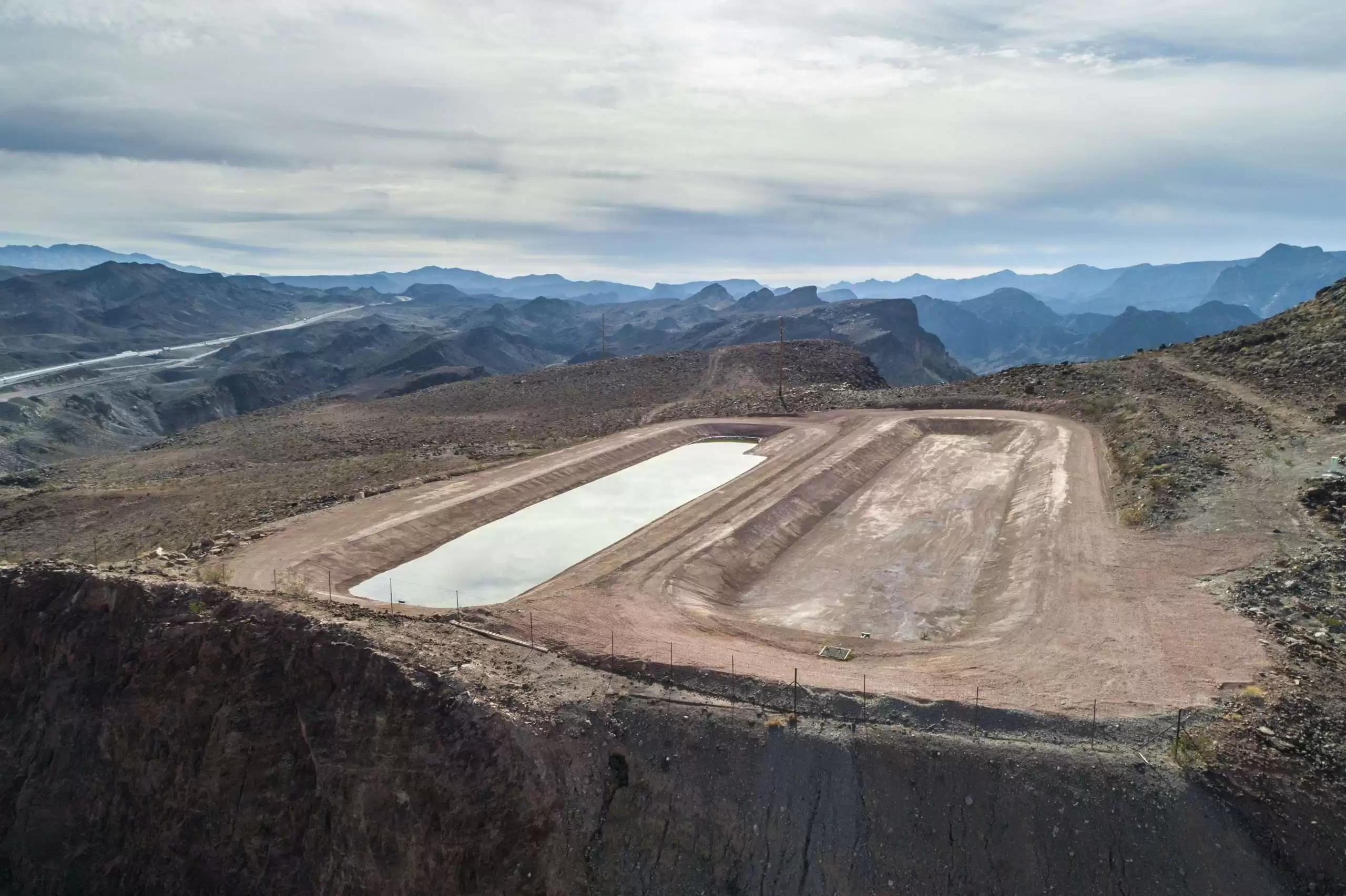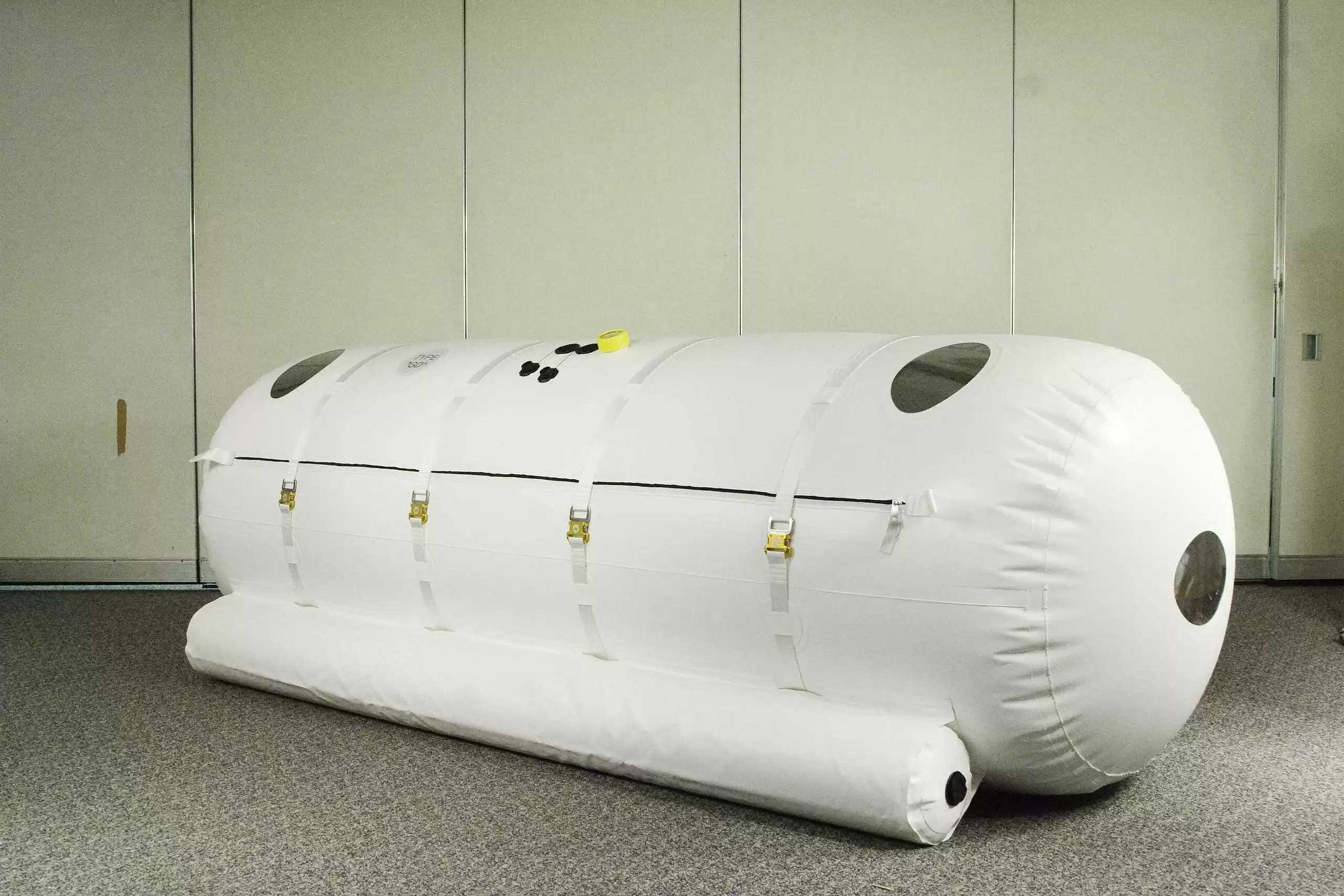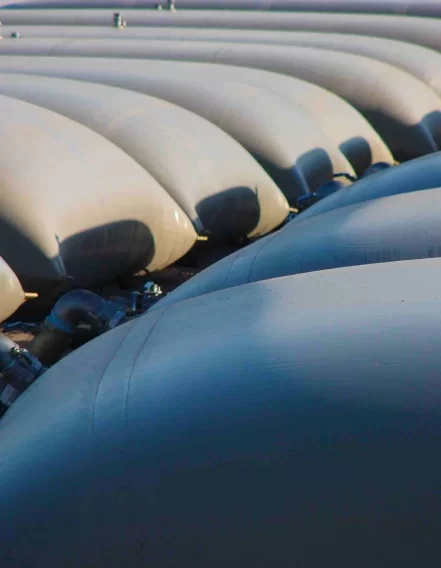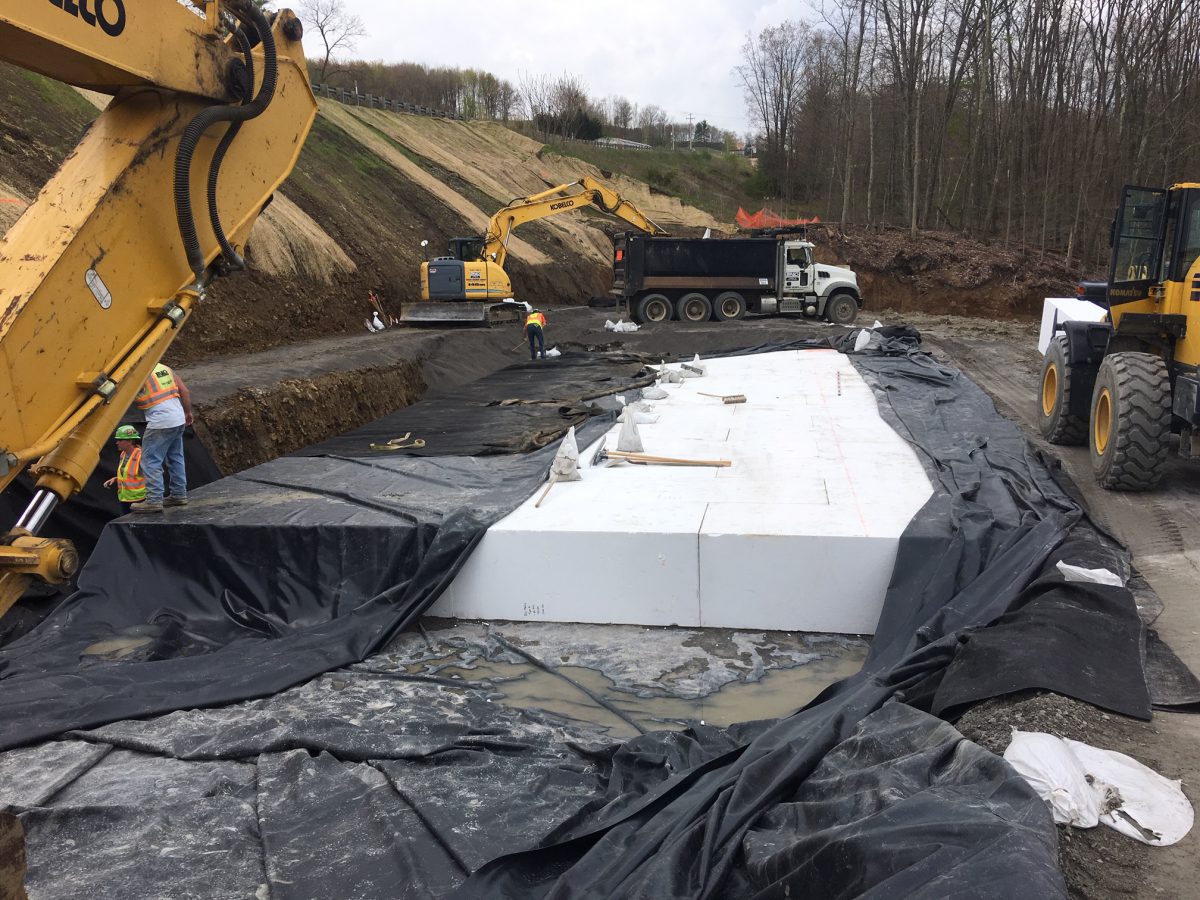Construction grade Expanded Polystyrene, better known as EPS Geofoam, is the go-to material for a variety of applications due to its low weight and superior properties. Today, it’s used in building foundations, landscaping, road construction, bridges, and numerous other industries.
EPS Geofoam, however, has a significant drawback that limits its use in many applications. It rapidly deteriorates when exposed to any hydrocarbon or petroleum product.
Let’s take a look at the best way you can ensure that doesn’t happen to your projects involving EPS Geofoam.
Consult with a Coated Fabric Expert
Long-standing and durable: EPS Geofoam can last forever when properly protected
What makes EPS Geofoam unique is the fact that it is strong enough to provide a stable foundation, but light enough to not overstress the soil below. The material also has excellent insulating properties and can absorb vibrations in case of an earthquake.
Even during project execution, using Geofoam blocks will save you time, which translates to lower installation costs. The material also goes through a strict quality control process, so you are always sure to get the best results for your applications.
For road construction applications, the chemical composition of the soil and its interaction with groundwater is a major consideration. EPS Geofoam blocks are impervious to all known substances you can expect to find in the ground. This means that EPS Geomembranes do not have any limit to expected lifespan as the material does not go under any degradation with time.
Protecting Geofoam with Geomembranes
Despite its inertness with substances found in the ground, EPS Geofoam blocks are surprisingly weak against hydrocarbons. Even limited exposure to a very small amount can cause a lot of damage. For road construction applications, the close proximity with gasoline warrants stringent contingency measures. There might be a spill during transportation or an accident that causes a gas leak on the road, you can’t afford for the road to start deteriorating.
The best way to protect the EPS foundation is to cover the block with a petroleum-resistant geomembrane (PRG). The concept is quite simple. Imagine a chemical-resistant sealed bag that contains your EPS Geofoam blocks. The bag won’t affect the performance of the EPS block but will protect it against any chemical reactions.
Hydrocarbons are among the harshest chemical compounds and finding materials that completely resist their corrosiveness is difficult.
Petroleum-resistant geomembranes (PRG) are the best choice for such applications as they are not permeable and do not deteriorate even after prolonged exposure to petroleum compounds. When selecting a PRG you must consider not only the hydrocarbon resistance of the product but also its dimensional stability. The highest levels of dimension stability can only be achieved by using a fabric reinforced geomembrane. The strength of the reinforced product will limit the elongation of the PRG to prevent unnecessary settling under load. Typically a product with 600 pounds or more Breaking strength is being specified by state DOTs. Currently, the best performing products are reinforced EIA geomembranes.
The specific PRG that should be used can also depend on other factors. The environment, climate, intended application, and your budget are some of the important considerations for your selection. Many state DOTs have specified that a suitable PRG is used on all geofoam projects.
There are limited materials available to protect your EPS Geofoam from petroleum deterioration in the event of a spill. TPU is too expensive and will not last for 20+ years. Standard PVC will not work as the plasticizers in PVC will attack the geofoam. HDPE and LLDPE are too stiff to conform to the geofoam block.
EIA is the product of choice, specifically an EIA that has draping properties that allow it to conform to the geofoam and reduce the potential of creating air pockets between the PRG and the geofoam.
Your material choice may determine the overall lifespan of the EPS Geofoam so you should be extra careful during the selection process. Making an informed decision can deliver the best results and save you from any future liability. Does that sound overwhelming? Luckily, you’ve got help.
E Squared is your partner for protecting Eps Geofoam Blocks
E Squared is among the most creative and innovative players in the technical textile industry. Our experienced team has been in the field for the last four decades and has a track record of successfully delivering effective tailored solutions at the best price.
For EPS geofoam applications, E Squared offers multiple EIA geomembrane choices that are both durable and flexible. We have a state-of-the-art fabrication facility with the ability to fabricate and test the seams in a controlled environment. Thereby eliminating the issues that take place due to field seams.
Moreover, E Squared does not limit itself to the manufacturing and sale of coated textile. From recommending the best course of action to guiding you about the installation process, the experienced team at E Squared can become your partners and help you maintain an excellent performance with consistency.

